|
After the council estates of Fish Tank and the cruel social grasping of Wuthering Heights, English director Andrea Arnold takes her cinematic poverty tour to the US in American Honey. The trailer parks, long-term hotels, and fracking boom towns of the South and Midwest are fertile ground for Arnold’s interests, namely the parts of a fiscally-disadvantaged life that make risk-taking more likely, if not more rewarding. Her protagonist, Sasha Lane’s debut as Star, can easily imagine a life with a radius of a few miles, moving from a Muskogee trailer with her creepy father and young half-siblings into a nearby one, perhaps with a few kids of her own. Being confronted with those limitations makes the possibilities of travel presented by a roving magazine crew attractive, and Star is soon shooting from state to state, hawking subscriptions that’ll never arrive. American Honey, a worthy companion piece to fellow elevated poverty porn The Florida Project, poetically captures the underclass through the eyes of one of its teen members as she awakens to the vastness of her country and her place within it.
0 Comments
For anyone who’s watched a lot of documentaries, the smell of an artificial narrative can creep up at any moment. If the director captured hundreds of hours of footage, how do they decide what gets kept in a 90-minute final package? Is the easiest way to make cuts to find some throughline and include anything that supports it? Did perhaps their best scenes or interviews or shots have to be left out because they didn’t adhere to that throughline? As the person behind the camera on many documentaries, Kirsten Johnson is there to capture moments, but absent from the decision on what to include and what to omit. Her nonfiction masterpiece Cameraperson is assembled from those bits that were omitted, for whatever reason, from documentaries directed by the likes of Michael Moore, Laura Poitras, and Kirby Dick, among many others. Johnson doesn’t find a narrative link between scenes taking place in locations as different as a packed boxing match and a Bosnian family farm, but she locates a thematic thread in her life’s work and presents it to the viewer in empathic and affecting fashion as she simultaneously finds beauty and ugliness in the same images over and over again.
Yorgos Lanthimos meets Fight Club in The Art of Self-Defense, Riley Stearns’ deadpan satire of masculinity amidst a storefront dojo. Stearns constructs a world that could exist anywhere within the last several decades, drains it of any emotion besides repressed rage and dull bravado, and within this odd box, communicates a great deal about the lonely and despairing society so many real people live in. The Art of Self-Defense kicks with its comedic punches and punches with its incisive kicks.
Alejandro Landes’ Monos wears its influences on its sleeves, but tells its story in a unique enough way to be called an homage instead of an imitation. The harsh jungle setting contains plenty of Apocalypse Now and Werner Herzog, while the teenager-led characters immediately evoke Lord of the Flies. Within this familiar framework, Landes uses cinematic flair to distinguish his film and make it stand apart, ensuring that the next creator of a jungle survival tale takes Monos as another example to draw inspiration from.
Trailers for the latest Marvel Spider-Man entry, Far From Home, tipped their hand to the lazy venture that could have been, wherein multiple dimensions were introduced to a franchise that was getting deeper and deeper into science fiction. One could smell the saccharine coming off a film where Tom Holland’s Peter Parker, mourning the death of his mentor Tony Stark in Avengers: Endgame, is briefly reunited thanks to wormholes or whatever. Audiences sniffle, stakes are undone, nothing means anything in the elongated television soap that is the Marvel Cinematic Universe. However, a film is not its marketing department, and Spider-Man: Far From Home is smarter and less sentimental than one might be led to believe. Jon Watts, one of those big-budget directors who has his corporate blockbusters and two underseen indies on their resume, steers a film with a lot of baggage into the MCU’s comfortable middle, pleasant and entertaining enough but not even the best Spider-Man to be released in the calendar year.
Jennifer Kent moves from the psychological/supernatural horror of The Babadook to the horror of historical atrocity in The Nightingale. While the monster of her debut was somehow turned into a camp icon, one doubts there will be similar exaltation of her follow-up. The Nightingale is an unrecommendable film, not in the sense that it’s poorly made, but in the sense that one can’t tell another person to watch it and experience its depths of human cruelty and misery in good conscience. Within those constraints, Kent makes common cause with films like Son of Saul, Come and See, or Lilya-4-Ever, all good-to-great entries in a category that find the bottoms of what people are capable of doing to each other. The Nightingale sings a song of abuse and violence and genocide, but for those with the stomach for it, there’s grace and resilience here, too. How much brutality one is willing to sit through to get there, however, is up to the viewer.
There’s the Matthew McConaughey who travels the galaxy or hawks Lincolns, and there’s the Matthew McConaughey of The Beach Bum, in which he isn’t playing a part so much as inhabiting his true self. A Florida Keys poet and raconteur whose particular aroma of sweat and weed and sunburnt skin can be inhaled through the screen, McConaughey’s Moondog is the crystallization of the actor who portrays him, a man who was once arrested on a noise complaint because he was playing the bongoes too loud. In Harmony Korrine’s beachside adventure, McConaughey is doing the opposite of stretching his talents, but if his persona wasn’t fun to be around, the movie centering it wouldn’t be so entertaining.
Childhood friends turned filmmakers Jimmie Fails and Joe Talbot pour their heart and soul into their debut feature, The Last Black Man in San Francisco. Both natives of the titular city by the bay, Talbot directs and Fails stars in this autobiographical story of gentrification and mythmaking. The former unites the film with similarly themed and located 2018 entries like Sorry to Bother You and Blindspotting, but it’s the latter that infuses Last Black Man with a bittersweet romanticism and separates it from the anger of those other films. This is a lament instead of a screed, and it effectively communicates what’s at stake and what’s being lost.
|
Side PiecesRandom projects from the MMC Universe. Categories
All
Archives
April 2023
|
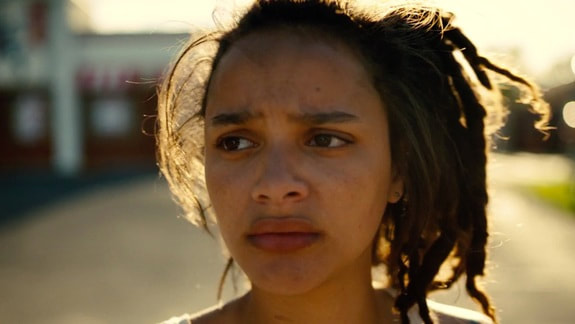
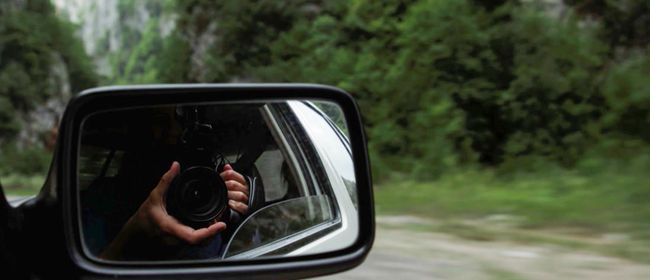
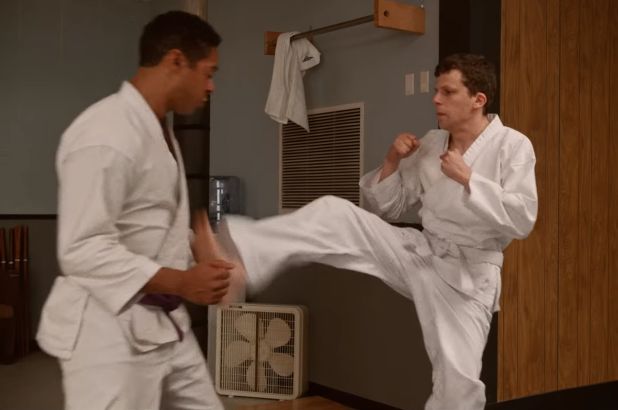
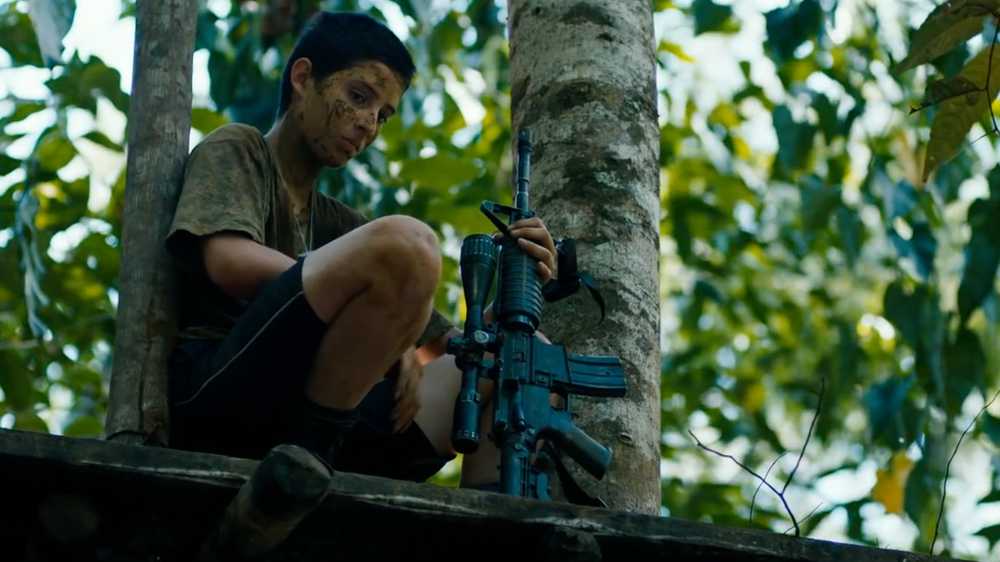
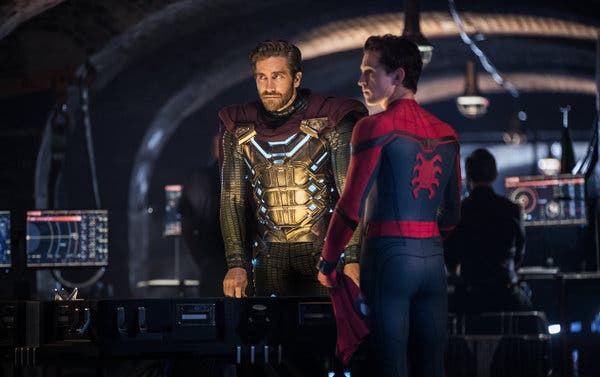
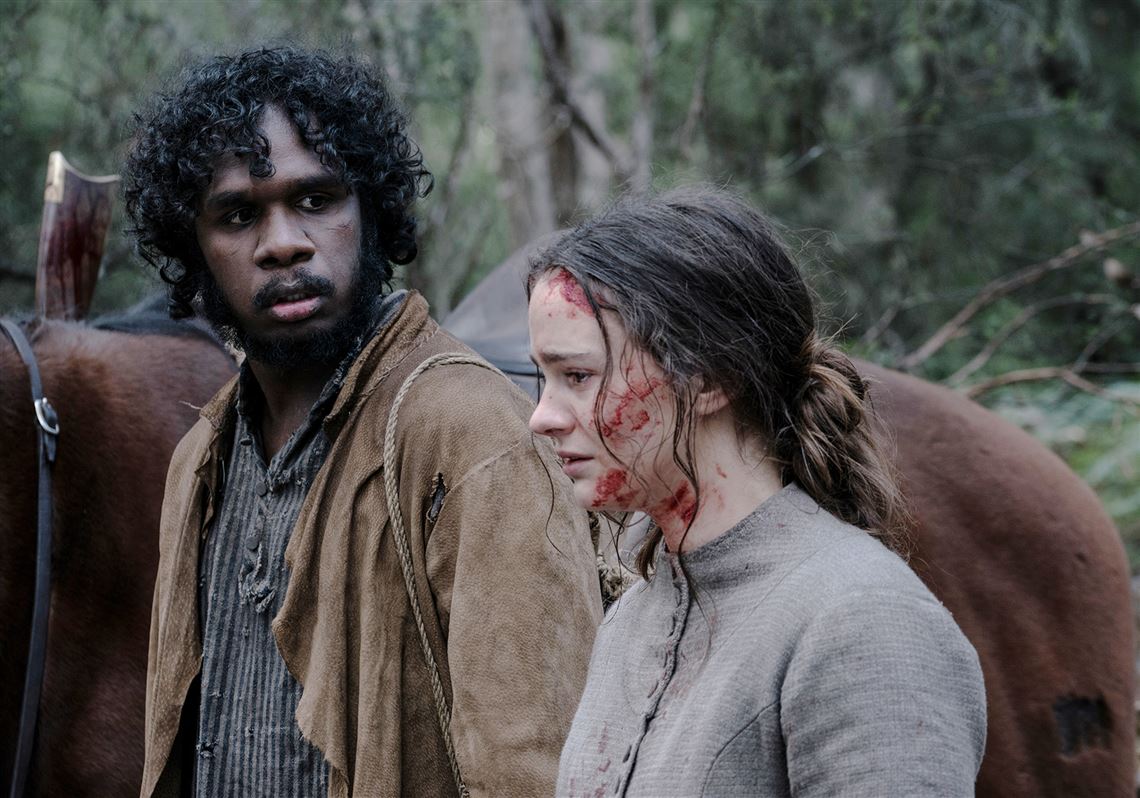

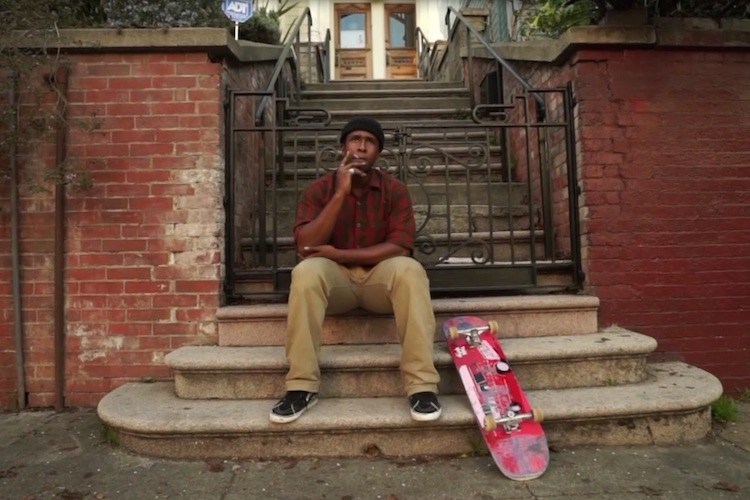
 RSS Feed
RSS Feed